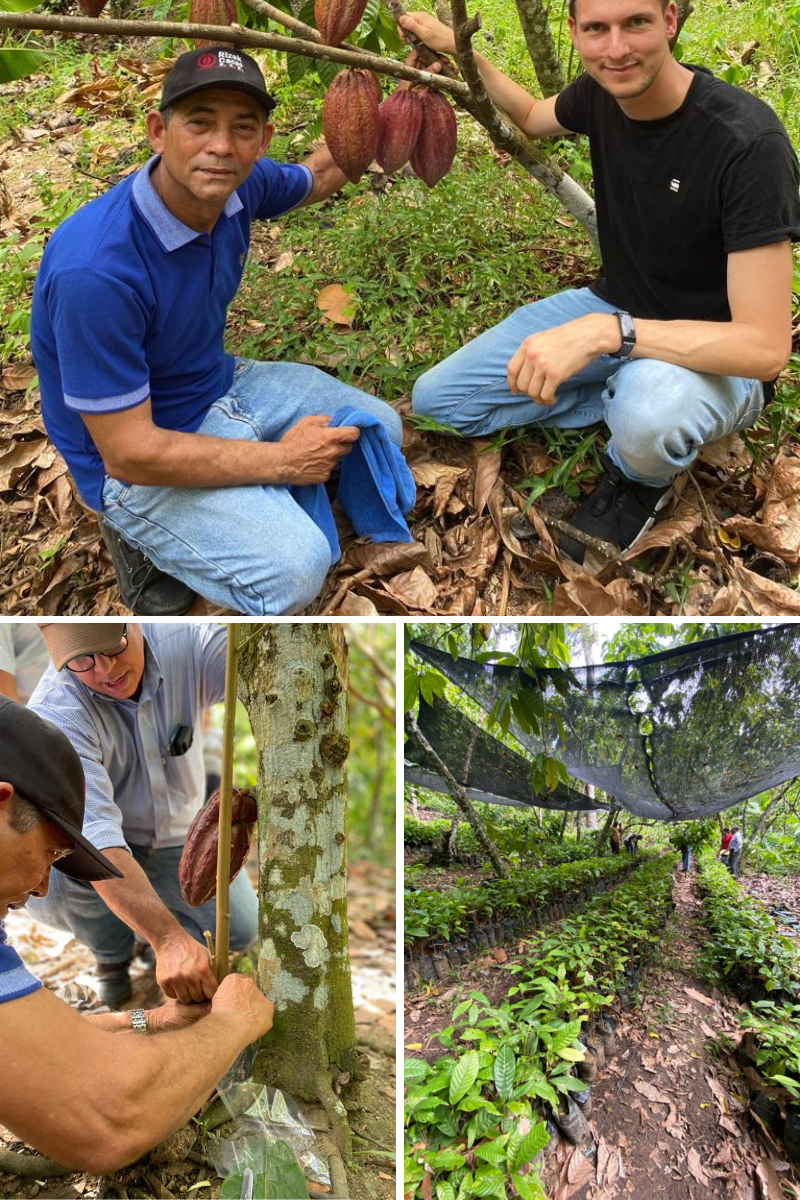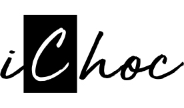OUR COCOA PROJECT
.
Do you know where your cocoa actually comes from? What are you doing to help cocoa farmers?
We get these questions a lot and they are totally justified. One thing is certain, we know lots of cocoa farmers. We have been working with their co-operatives for decades. We know how the cocoa is farmed and what the conditions are like at cocoa plantations in the Dominican Republic. We know about the great benefits of organic farming and we set ourselves the goal of always doing business in a way that is fair. But, despite this, we keep asking ourselves one critical question:
.
Do we really know the needs and wants of our local partners? And, if the answer is yes, do we cater to them?
.
What are they passionate about? What do they expect from us as a western chocolate producer? What irritates them? What are their worries, fears and wishes?
We know that there are a lot of expectations that we simply cannot meet. The colonial shadow that has been cast over cocoa remains too great, even some 500 years later. Being aware of this is both unsettling and shaming.
.
.
with a colonial shadow side
Chocolate – a western luxury
.
The legacy of colonialism weighs heavy. Chocolate is a western luxury. Our western forefathers once brought back foreign goods like cocoa and coffee from their colonial conquests in order to expand our “white” luxury in the west. Even now, there are lots of cocoa farmers in Latin America who have never even tasted chocolate. Our task – in our privileged role – is to change people’s perspectives, so that we don’t see everything through a “western” lens. Listening rather than blind activism. Understanding rather than observing. Coming up with solutions together, not prescribing them. “Help to help themselves” rather than western heroism. It is all important. It is the only way to work as equal partners and to improve the local structures in the places where the locals really want to see improvements and where these improvements are urgently necessary. This “understanding” is the key to a modern partnership that overcomes the old give-take structures and provides opportunities for greater equality and fairness.
.
OUR COCOA PROJECT
LISTENING, UNDERSTANDING, SUPPORTING
.
.

.
.
